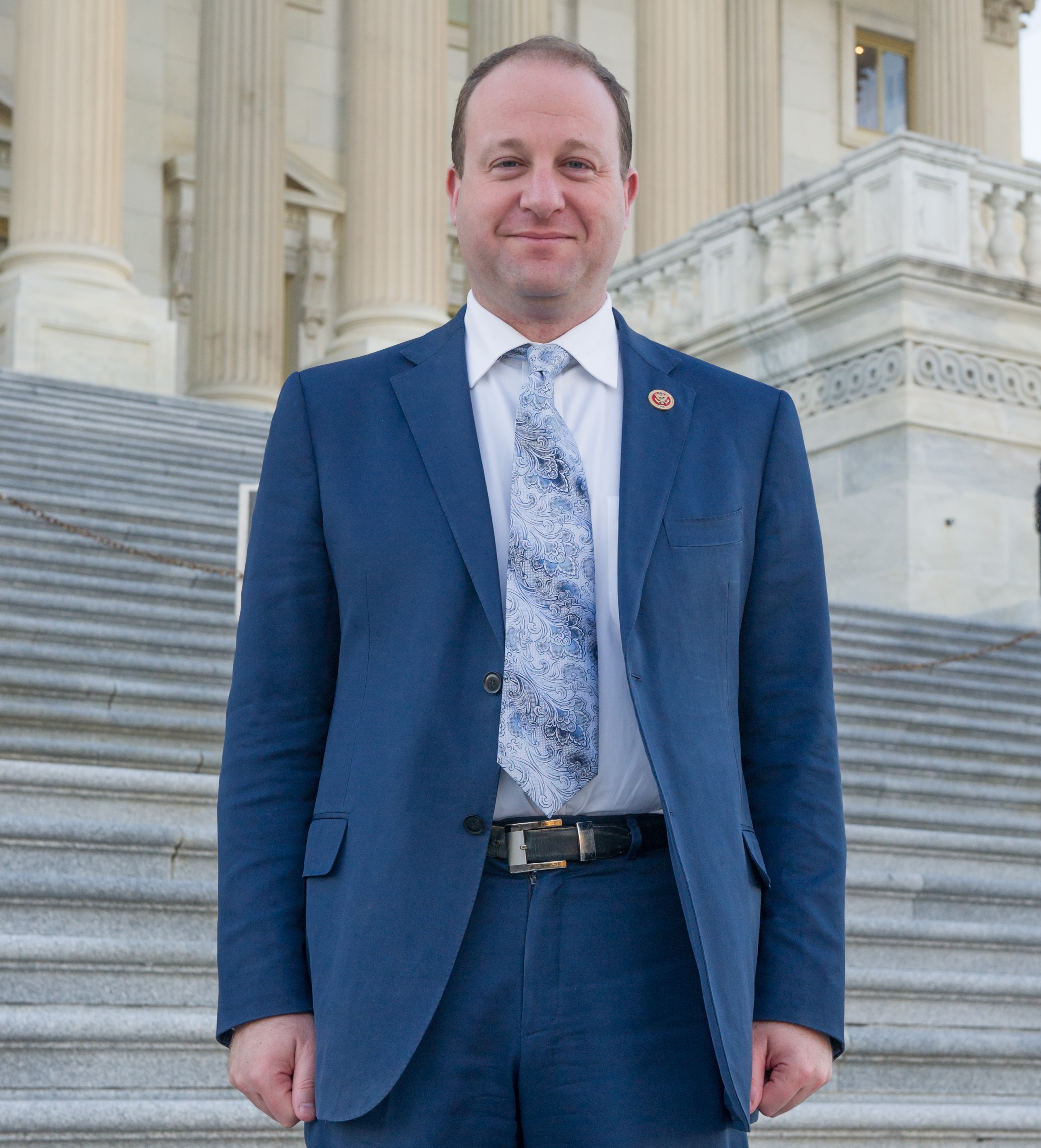Democratic Rep. Jared Polis won the Colorado gubernatorial race yesterday, becoming the first openly gay person to be elected governor in the U.S. It was a huge win for progressives, but also for distributed-ledger technology devotees: Polis is an avowed fan of blockchain and cryptocurrency. In 2014, he—tongue firmly in cheek—urged a ban on the U.S. dollar in response to West Virginia Sen. Joe Manchin’s call for a bitcoin ban. (Manchin, a Democrat, won reelection yesterday.) Overall, it was a fantastic night for candidates who back blockchain tech.

Polis, who defeated Republican state treasurer Walker Stapleton, has a five-point plan to make Colorado “a national hub for blockchain innovation in business and government.” According to his campaign site, he aims “to create a statewide safe harbor designed to exempt cryptocurrencies from state money transmissions laws,” à la the blockchain-friendly state of Wyoming.
“Colorado has long been a very hospitable state for crypto, and I think that will be reinforced under Polis,” Jerry Brito, executive director of the trade group Coin Center, tells BREAKER. “He’s already committed to continuing the Colorado Council for the Advancement of Blockchain Technology Use started under his predecessor, and that’s great news.”
Polis in 2016 cofounded the Congressional Blockchain Caucus with then Rep. Mick Mulvaney, a South Carolina Republican who now serves as the director of the Office of Management and Budget. The Caucus did extremely well in yesterday’s midterms: co-chairs David Schweikert (R-AZ), Bill Foster (D-IL), and Tom Emmer (R-MN.) all handily won reelection. Of the 14 regular members, 12 were running for reelection, and all but one of them—Keith Rothfus (R-PA)—were victorious.
Emmer, who has announced plans to introduce three blockchain-related bills, spoke to BREAKER recently. “I hear Republicans and Democrats focusing on the shady things that might allegedly be taking place with these different currencies within the exchanges,” he said. “It’s less than complimentary, which is less than helpful because they aren’t focusing on all the good things that are happening and on all the promise that this thing offers.”
Another pro-blockchain politician BREAKER spent time with earlier this year, Libertarian Larry Sharpe, didn’t have such a great evening. Sharpe, who was running for governor of New York, received just 1.6 percent of the vote. (Democrat Andrew Cuomo easily won reelection.) His campaign was notable for having its own crypto asset, the Sharpecoin.
In other midterm election news, San Francisco voted for the Proposition C homeless relief initiative by a margin of 60 percent to 40 percent. Jesse Powell, CEO and cofounder of digital assets exchange Kraken, had opposed the measure, complaining to BREAKER that San Francisco is overrun with “crack zombies” who are “effectively wild animals.” As of press time, Powell hadn’t commented publicly on the Prop. C victory.
Additional reporting by Brian Patrick Eha.